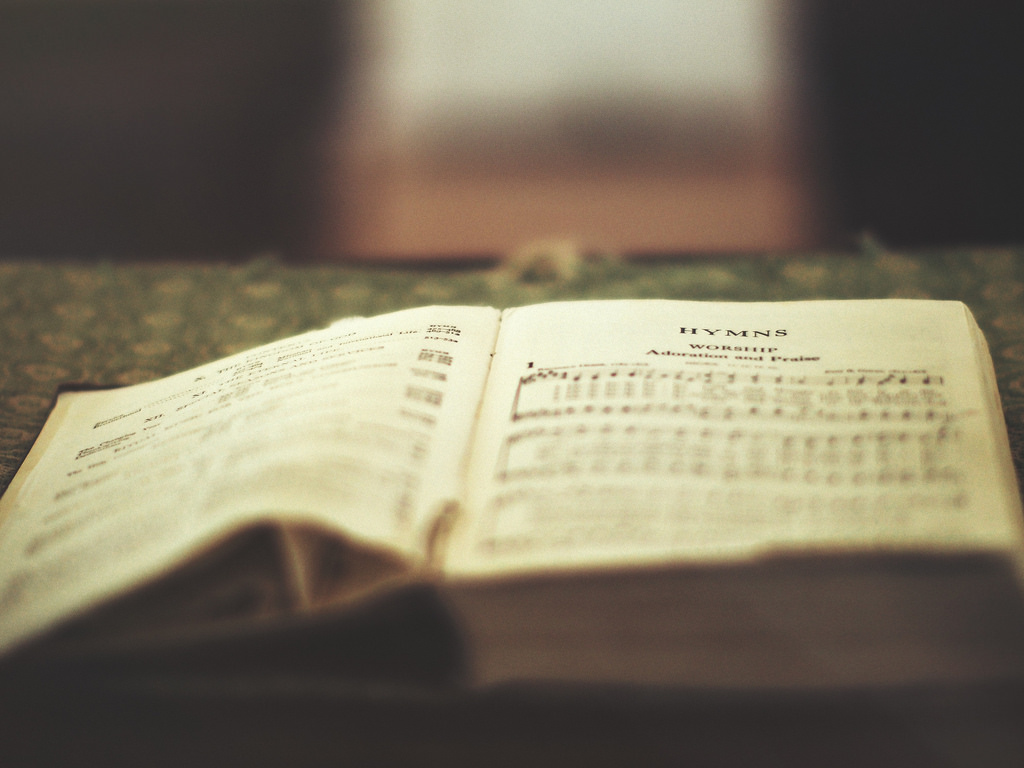By Steven Wedgeworth
Though it is today one of the most popular Christmas hymns, “Joy to the World,” was not originally a Christmas carol at all. Written by Isaac Watts, “Joy to the World” originally appeared in his 1719 The Psalms of David, and it was Watts’s unique take on Psalm 98. The full title of Watts’s song book is The Psalms of David: Imitated in the language of the New Testament, and applied to the Christian state and worship, which sounds like a noble effort, but in reality most of the words bear only a slight resemblance to the Biblical text. Watts began his project in a time when many Puritans only allowed for the use of the Psalms in worship music (no other songs of any kind), and his title makes it clear that the goal was to “Christianize” the psalms, making the person of the Savior explicit.
Login to read more
Sign in or create a free account to access Subscriber-only content.
